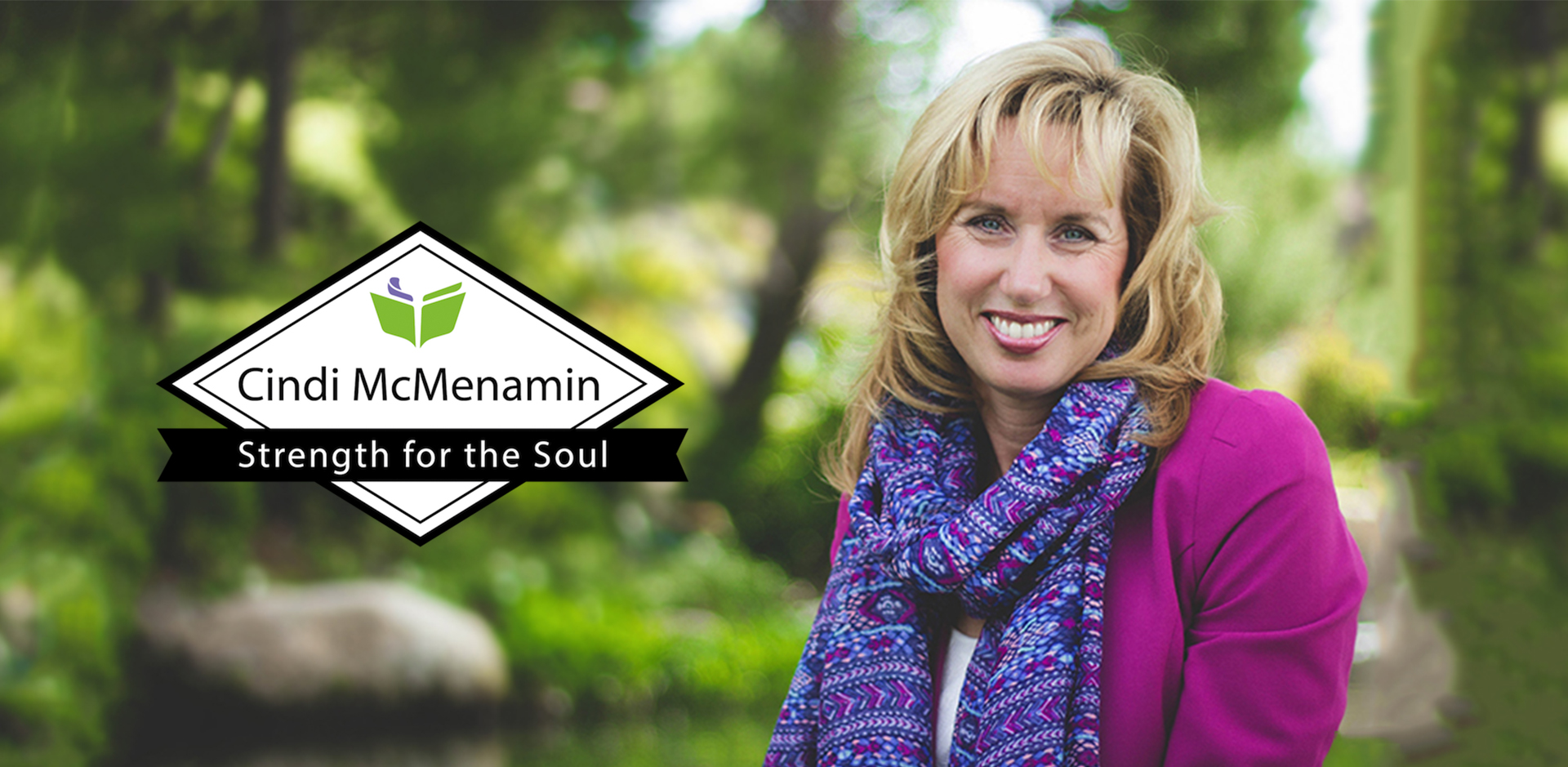I know how you feel.
Life seems to be going in a million different directions. There are so many things for you to do in so little time. Kids are pulling at you or your job is pushing you. Responsibilities abound. And there’s only one of you.
I, too, know what it’s like to feel like you’re running on empty.
I’m not sure when it happened. It must have been a gradual process. But the day I realized I was feeling drained, and defeated, I knew something was wrong. I’d lost my fire, my fervor, my fuel.
I’d written books on letting God meet your emotional needs, yet emotionally I was empty. I wrote about how God strengthens us through our alone times but I was feeling weakened. I’d written a book on how to truly rest and I was feeling more overwhelmed than ever. And a year earlier I’d written a book on discovering and living out your dream and yet I was struggling with a lack of motivation.
What was wrong with me? Why was I feeling so complacent? Why did I have no motivation to continue forward?
I met with a doctor-friend of mine and his wife over lunch one day and talked about it.
“Burnout manifests itself in a certain activity you’re doing to the point that you’ve emptied the battery out,” said Dr. Jeff Birchall, who sees a new person dealing with some sort of exhaustion, anxiety or depression every day…and follows up with about four every day.
Dr. Birchall said 50 percent of the population suffer from burnout at some point in their life, 10 percent at any given moment.
The symptoms of burnout? They sound a lot like the symptoms of running on empty:
- chronic fatigue (exhaustion, tiredness, a sense of being physically run down)
- difficulty sleeping (waking in the middle of the night and finding yourself unable to return to sleep)
- decreased concentration (can’t finish things)
- anger at those making demands
- self-criticism for putting up with the demands
- cynicism, negativity, and irritability
- a sense of being besieged
- exploding easily at seemingly inconsequential things
- frequent headaches and stomach aches
- changes in appetite resulting in weight loss or gain
- shortness of breath
- increased irritability (men tend to get angry more; women tend to cry more)
- social withdrawal
- depression
- feelings of helplessness
 Maybe you can relate to some of those things. Burnout can sometimes look like depression. Sometimes like anxiety. Some of us feel just a hint of it, like we’re getting our toes wet…others of us are drowning in it.
Maybe you can relate to some of those things. Burnout can sometimes look like depression. Sometimes like anxiety. Some of us feel just a hint of it, like we’re getting our toes wet…others of us are drowning in it.
I knew I wasn’t in a state of depression. I wasn’t suffering from anxiety. But I was tired, overwhelmed and frustrated. The fire of my relationship with God that once burned brightly now seemed to be barely flickering. The juices had dried up. The motivation was lost. I was running on empty.
My friend says some cases of burnout or exhaustion require medication. Some require counseling. And mostly all of the cases require a change of environment to get the balance they need in their life. That one was mine. I needed the balance. Too much striving, not enough trusting. Too much work, not enough rest. Too much expenditure, not enough filling. It was time for something to change.
I went to the Psalms – Scripture’s songs of human emotion – and related to the songwriters. They, too, experienced seasons of weariness and emptiness. They too cried out for help. And I began to notice a link between their cries for help while flat on their faces, and their ability to get back up on their feet again. What I saw in there, as that link, was a shift in focus (following times of prayer and praise) and a sense of determination.
The Psalmists often sang – in their songs of frustration and desperation – the words “I will” when it came to getting out of their slump.
Asaph, in Psalm 77, was disillusioned with the way life was going. But he said “I will meditate on all Thy works…I will remember your deeds.”
David, in asking God to consider his sighing and hear his cries for help, said “I will come into your house; in reverence will I bow down” (Psalm 5:7). And when he felt like he was being defeated, he said “I will know that God is for me…I will not be afraid” (Psalm 56:9-11).
The Psalmists didn’t say “I think” or “I feel” or “I should.” It was “I will” – a sense of determination – a determined course of action. In all 150 Psalms in the Bible, the phrase “I will” is sung at least 140 times. That told me something. It made me realize that – whether I feel empty or not, whether I am motivated or not – I need to do something to allow God to infuse that energy into my life again. I needed to take whatever action would put me in the place where God could relight the fire in me and re-ignite the passion that once burned brightly. But I couldn’t wait until I felt like doing something, because the feeling might never come.
So I began to will to follow a course of action to keep focused (in my mind), keep fit (in my body) and keep fresh (in my soul). It involved simple things like starting my day right by starting it with prayer; acting on facts rather than feelings; keeping a good diet, keeping a clean heart, and keeping at it; and taking time to play, taking time to reflect, and taking time to re-ignite the flame of my love-ship with God. And as I began to follow this course of action, God met me where I was and infused that fuel back into my life.
For more on that course of action, or to derive principles from it that will work for you, see my book When You’re Running on Empty and save yourself from impending burnout.
1 – Niles, Henry “15 Signs of Burnout and How to Help You Avoid It.” Taken from the Website, Assessment.com (Motivational Appraisal of Personal Potential).




